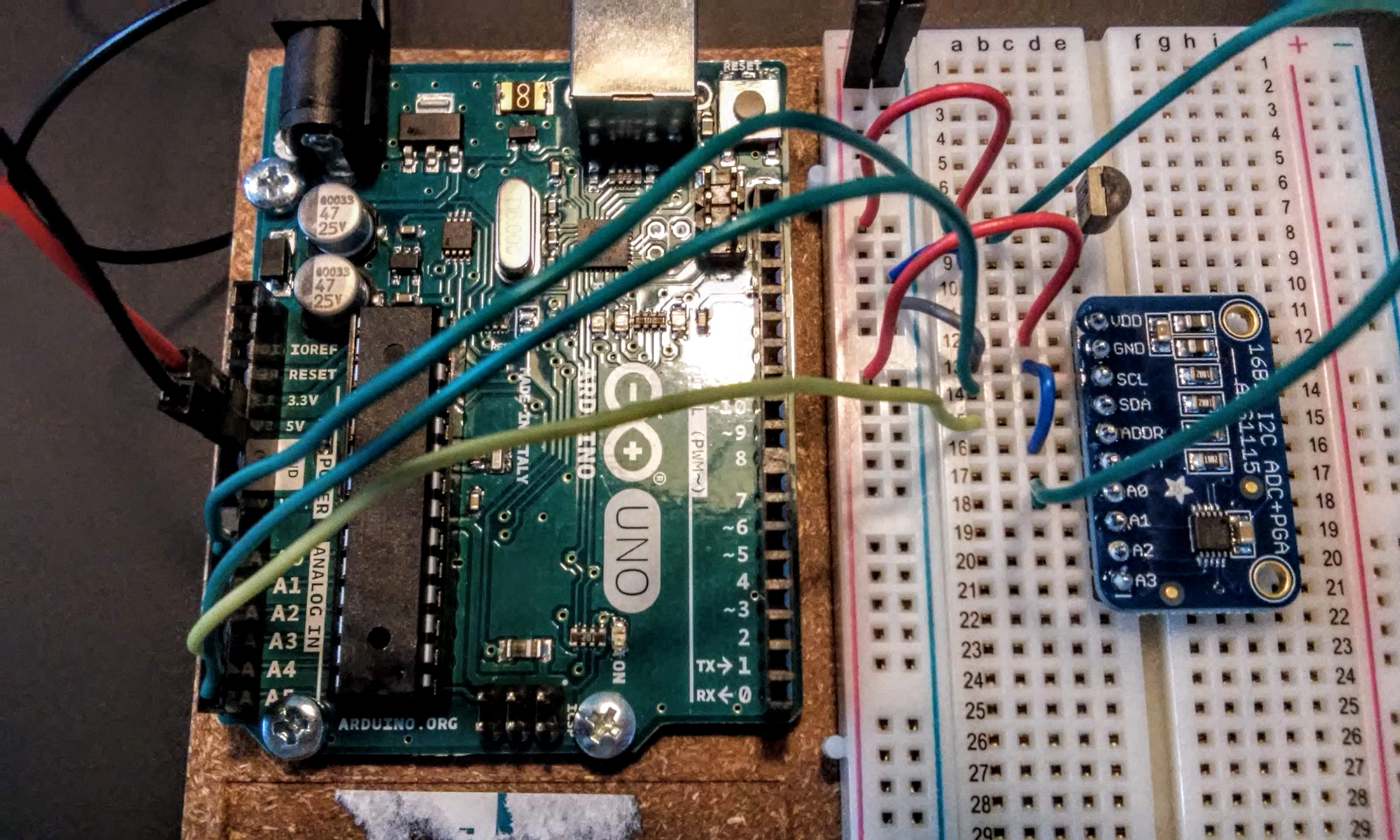Inhaltsbereich
Lab course: Science with electronics – Übersicht
- Übersicht
- Arduino
- DVD laser scanner
- Data sheets, literature
Informationen zur Vorlesung
Zeit und Ort
lab course: 2. -6. März 2020, Campus Öttingenstrs.In order to participate, please email to Bert Nickel. Please add a short motivation (few lines) what you expect or why you want to participate. 8 places are available on a first comes - first served base. Please note that the morning briefing from our electrical engineer is given in German language, so you need German language skills to benefit from this part. However, you can ask questions in English and will be answered in English.
The course counts as key qualification ("Schlüsselqualifikation", 3 ECTS). It is intended for master students, and for bachelor students in their final year.
Content of the course: Design of new instruments is at the heart of experimental physics. In this course, you train basic skills to employ electronics for measurement and control of scientific apparatus. For this purpose, we have installed a new electronics lab for students. Here you learn how to use standard tools such as oscilloscopes, breadboards, microprocessors (Arduino), voltmeters, and so on, to test electronics components and to integrate them in an experimental setup.
Organization of the course: We start with a dormatory room phase, i.e. some electronics experiments that you can do at home. Then, we spend one week in a fully equipped electronics lab to work on a project, i.e. a laser scanning microscope build from a CD/DVD head and lock-in detection of weak electronic signals.
1) In order to prepare for the lab class and to refresh your knowledge about ohms law, transistors, and light emitting diodes, you will work through some tutorial experiments with the Arduino starter kit. We will hand out this kit to you before the course, all you need in addition is a PC with Windows or Linux in order to install the free Arduino programming environment. In order to qualify for the lab week, you have to run and document selected experiments from the starter kit before the course begins. You don't need special electronics knowledge but some enthusiasm.
2) Electronics lab block course: The main part of the course is a one week course in the electronics lab. Here, you build your own little x-y laser scanner controlled by an Arduino in a team of two students. The components we get from disintegrating a DVD drive and characterizeing its main components (motors, laser diode, photodetector, tracking coils). Each morning, Stephan Manus, electrical engineer of the physics department with more than 20 years of practical experience in precision electronics for physics experiments will support you. He will explain to you some basic concepts and give practical advice how to handle a solderer and build up little electronic cirquits. Furthermore, a tutor (student) will give you practical advice.

